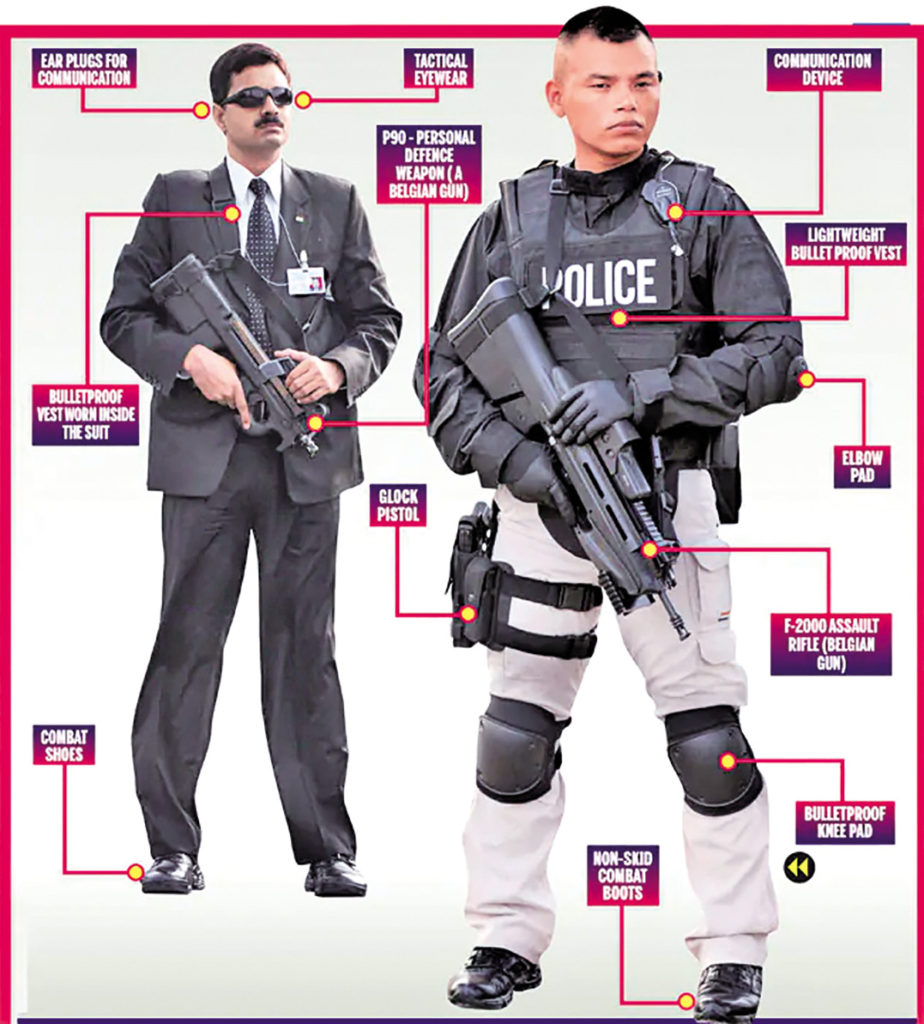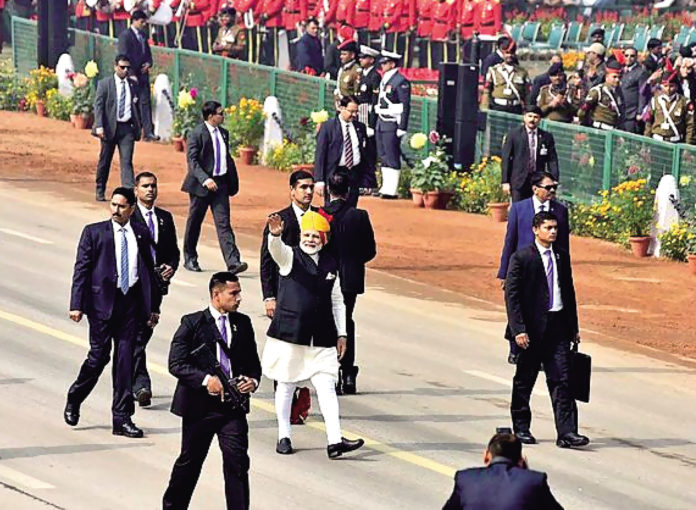Some opposition-ruled states like Punjab, West Bengal, Kerala, Madhya Pradesh and Chhattisgarh declared, on 13 December, that they would not implement the amended Citizenship Act as it was violative of the Constitution.
Amarinder Singh (Punjab), Mamata Banerjee (West Bengal) and Pinarayi Vijayan (Kerala) -have announced that they will not implement the legislation in their respective states. Kamal Nath (Madhya Pradesh) and Bhupesh Baghel (Chhattisgarh) expressed reservations against it. Baghelsaid that he would oppose the law. “Our stand won’t be different from what is being taken by the All India Congress Committee (AICC) on the Citizenship Amendment Act.”
The Central government insisted that grant of citizenship was the exclusive domain of the Centre as per the Constitution, with the role of states limited to physical verification of documents to be submitted directly to the home ministry via an online portal.
While campaigning in Jharkhand, defence minister Rajnath Singh said, “There is no option for states other than to implement the legislation. There are set rules, which they will have to follow. The federal structure of the country has to be respected by all stakeholders. Any state government can’t be driven by its agenda while implementing a legislation through Constitutional amendment with presidential assent.” He said asserting that due legal process will be followed to enforce implementation of CAA in all states once rules are drafted.
Constitutional Provisions
There are three lists under the seventh schedule – union, concurrent and state. Centre has exclusive domain to frame laws on matters falling under the union list and citizenship is one such subject. States have no discretion to say they will not implement it. But, states can delay verification of documents, citing law and order problems. Law and order is a state subject, which means the state administration has complete control over its police and public order. States can turn around and say they will conduct not any enumeration exercise as a precautionary measure to maintain public order.

The 97 subjects under the Union List of Schedule VII includes matters like defence, external affairs, railways, citizenship and naturalisation-the matters that will have a bearing on the people across the nation irrespective of government and ideology.
‘Citizenship, naturalisation and aliens’ constituted Item No.17 in ‘List 1’ or ‘Union list’ under the Seventh Schedule of the Constitution. The Centre has the exclusive right to legislate on subjects in the Union list. The Citizenship (Amendment) Act, 2019 was enacted under the Union List of the 7th Schedule of the Constitution. Also, Article 256 of the Constitution makes it binding on states to exercise executive power so as to ensure compliance with laws made by Parliament. The executive power of the Union extends to giving directions to a state as government of India deems necessary for the purpose.
Still, while the Constitution gives the Central Government exclusive powers to frame legislation on citizenship, states can refuse to participate in the enumeration exercise or delay it, citing law and order issues, rendering the law ineffective, according to constitutional experts.
Procedural Delay
While an application for citizenship by naturalisation may be filed via the ministry of home affairs (MHA) foreigners’ division portal and the supporting documents uploaded, physical verification of the documents would be carried out at the level of the Foreigners Registration Office (FRO), a charge usually held by the district superintendent of police. The district administration would relay its report to the home ministry which will take the final decision.
At most, the FRO or district administration can prolong the verification process. But in case this becomes a state-wide tactic, the Centre would be within its rights to issue instructions under Article 256 asking the defaulting state to comply with the provisions. The state would then be legally bound to do so.
A key document likely to be sought is one that proves that the applicants belonging to minorities in Pakistan, Afghanistan and Bangladesh migrated on or before December 31, 2014, and have fulfilled the condition of minimum five-year stay in India. Sources said the applicants may be also be asked to upload an affidavit along with their application, declaring that they had migrated to India due to religious persecution or fear of religious persecution.
Electoral Implications
The clarification has political ramifications too with BJP leaders pointing out that the amended Act and the proposed National Register of Indian Citizens will be central to electoral battlegrounds like West Bengal where Trinamool Congress chief Mamata Banerjee has opposed the measures. The state may drag its feet but may not be able to prevent the Centre from issuing relevant certificates to eligible refugees.
Legal Challenge
Senior advocate Sanjay Hegde said states can voice their opposition against the law by challenging CAA in the Supreme Court. “There is no precedent yet but the Constitution permits the state to approach the top court,” he said. States have, in the past, filed civil suits against the Centre for relief in matters such as boundary reorganization or water disputes.
“Centre has the power to frame rules under the law but to determine whether people are foreigners or not is the state government’s job,” Hegde explained.


















